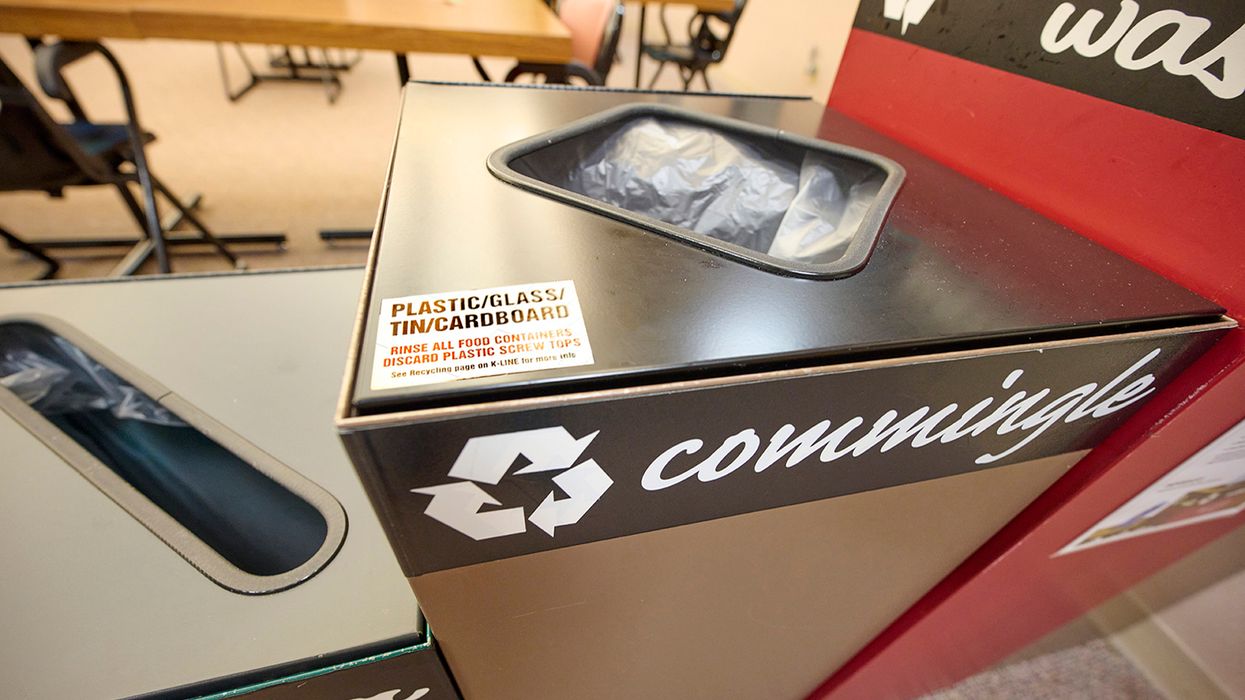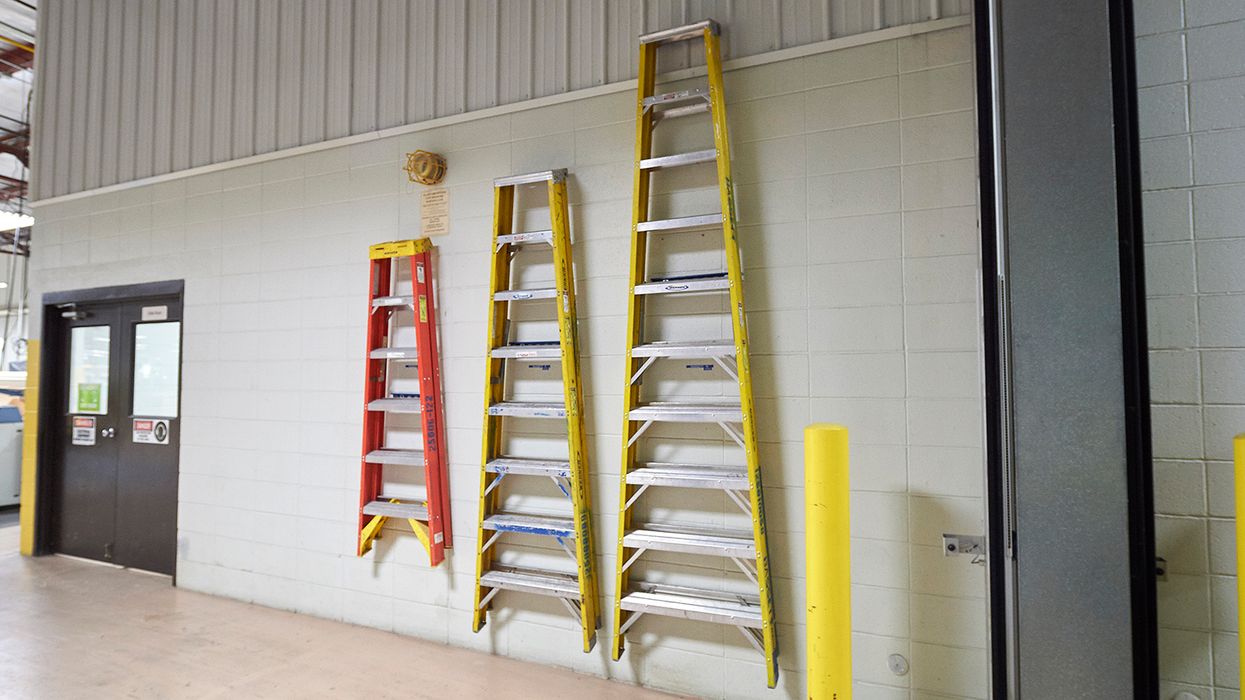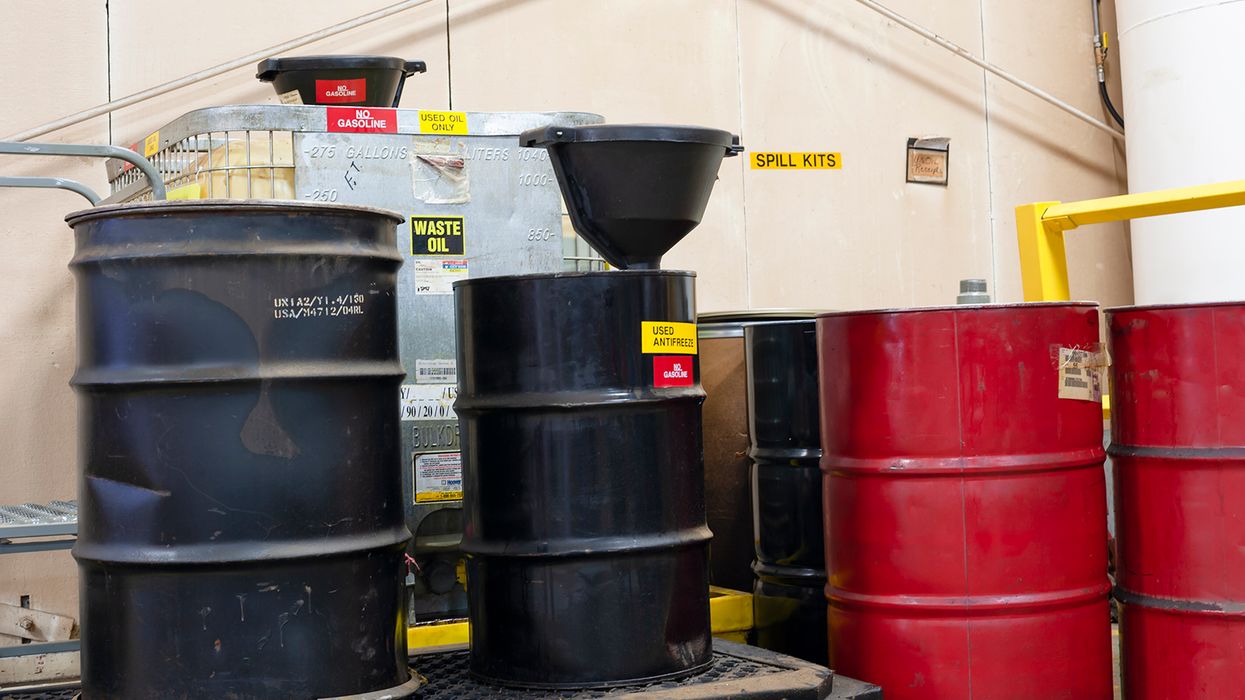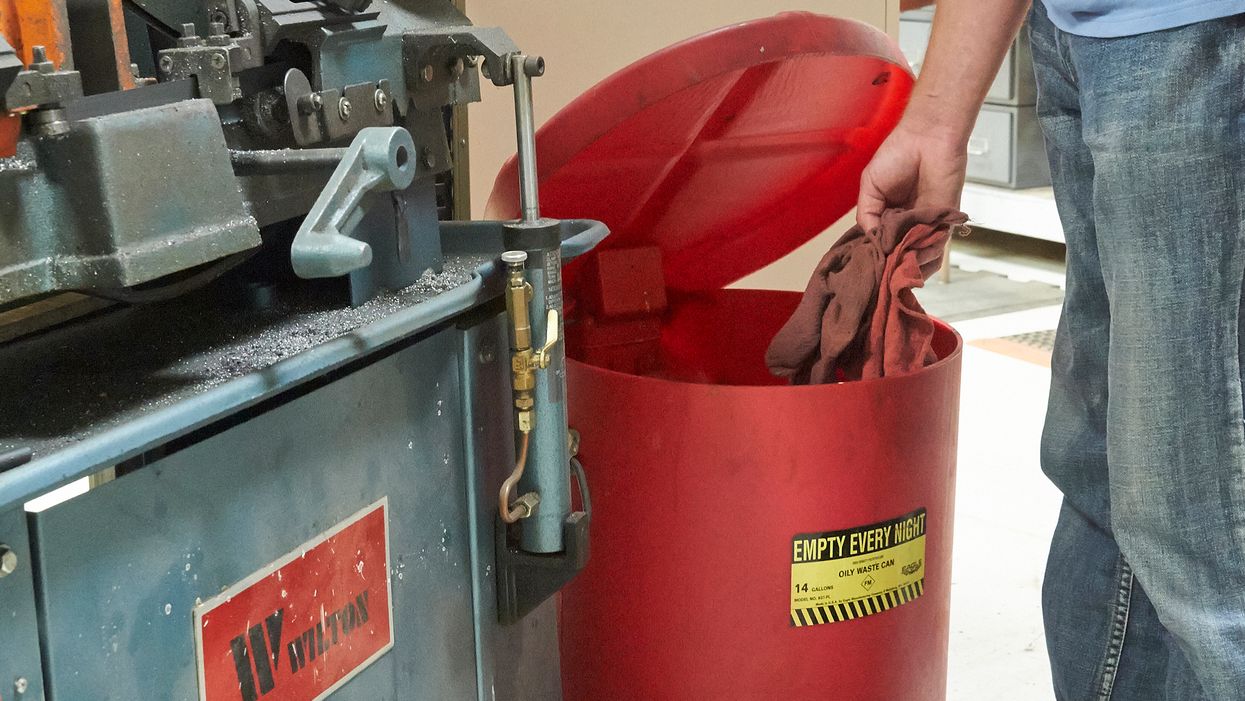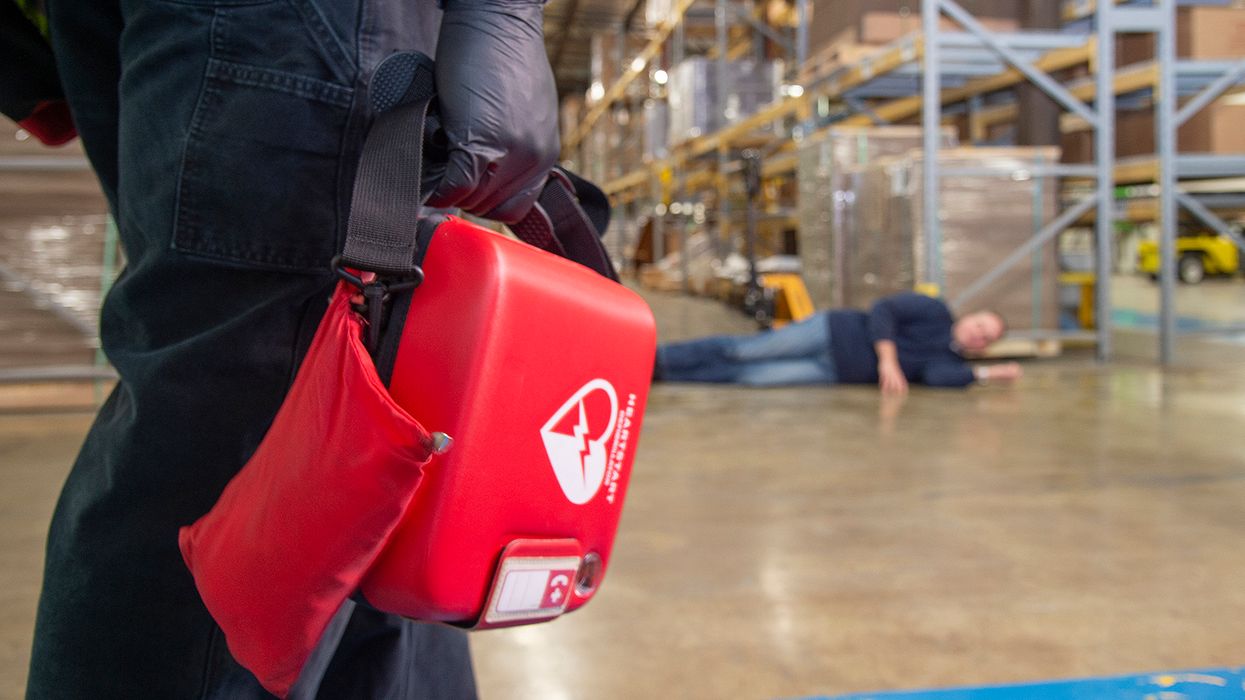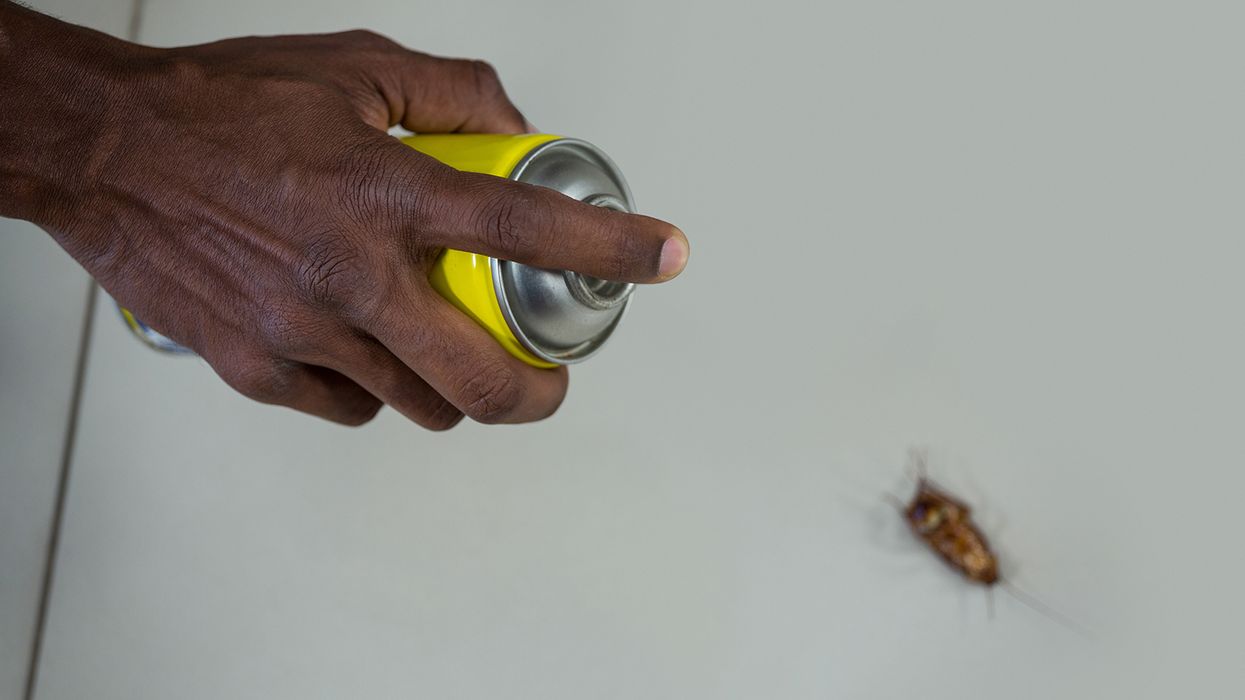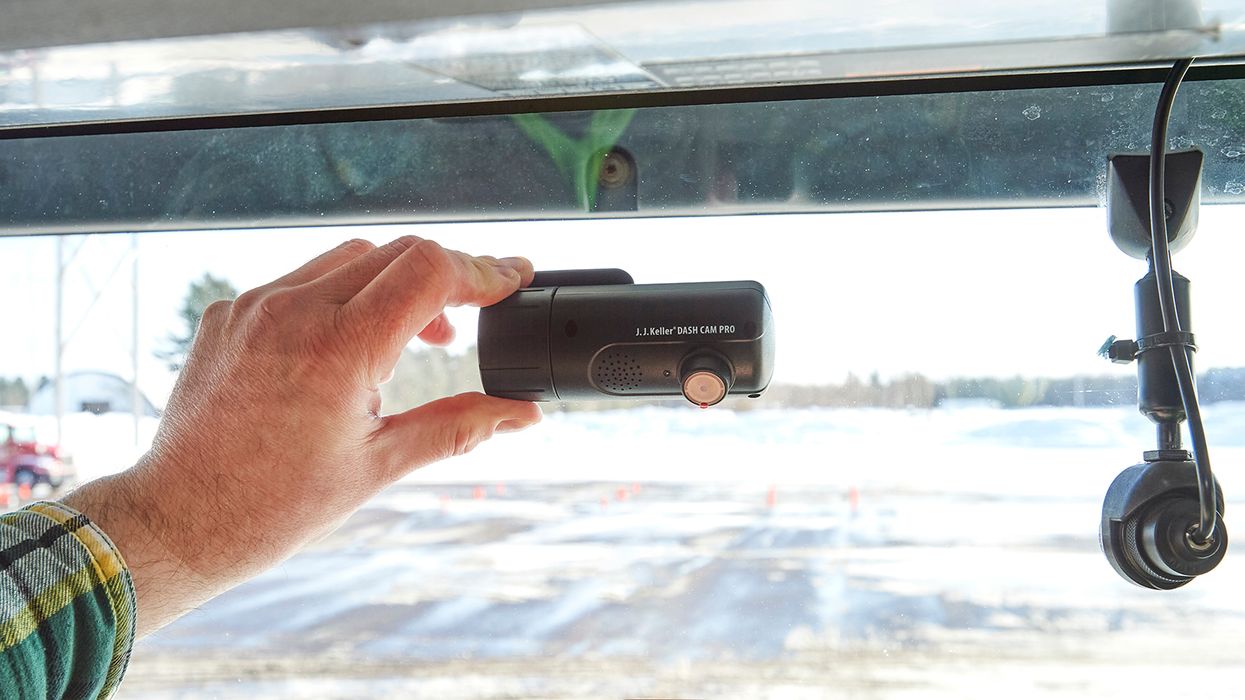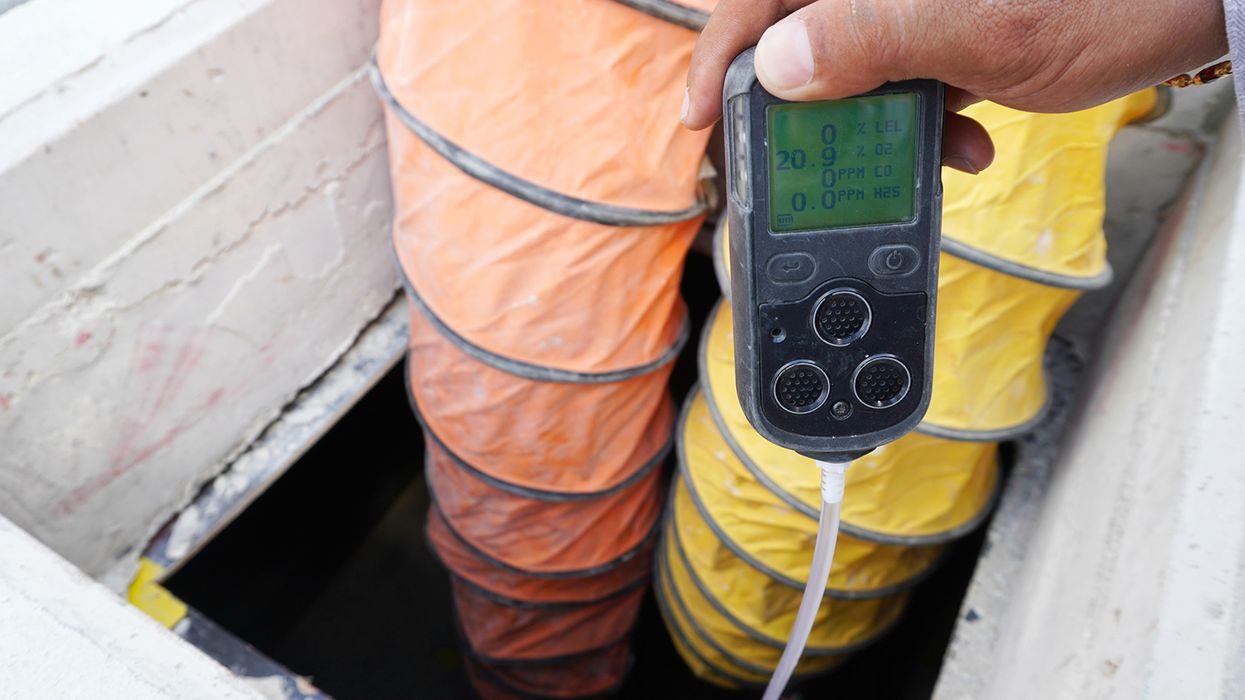Norovirus is spreading: How to keep outbreaks away from your workplace
Norovirus outbreaks are occurring across the United States this winter, and it’s definitely worth doing what you can to keep this fast-spreading stomach bug out of your workplace.
Tiny, hardy norovirus particles are surrounded by a shell that makes them tough to kill. The virus is resistant to alcohol-based disinfectants, such as hand sanitizers, and can linger on surfaces for weeks.
The virus is extremely contagious, as it takes only a small number of particles to make someone sick. It causes both vomiting and diarrhea that lasts from one to three days, and those who come down with the bug can spread the virus for several days after they feel well.
The virus can be spread by:
- Contact with an infected person
- Touching a contaminated surface
- Eating contaminated food
To help keep the virus from spreading at your workplace:
Encourage sick workers to stay home. Make workers aware of your paid sick leave and remote work policies that can encourage them to stay out of the workplace when they are likely to be contagious. If employees work with food, or in a school, daycare, healthcare facility, or other places where they may expose people to norovirus, they should stay home for at least 48 hours after symptoms stop.
Share hand hygiene information. Hands should be washed before and after eating, after using the toilet, and after touching garbage. Display posters or distribute fact sheets that remind employees to wash their hands with soap and water and scrub thoroughly for 20 seconds before rinsing and drying.
Understand the limits of alcohol-based hand sanitizers. They can be used in addition to hand washing, but are not a substitute for washing with soap and water.
Clean thoroughly. A chlorine bleach solution can be used to clean hard surfaces where the virus may be lurking. The solution can be made with around 5 to 25 tablespoons of household bleach added to a gallon of water. A disinfecting product that can kill norovirus is another option.
Be careful with food. To keep norovirus from spreading through contaminated food, you may want to avoid having workers share homemade treats until the risk of an outbreak is over. If you have an on-site cafeteria, food service workers should be well-versed in food safety cleanliness protocols and norovirus prevention. This includes carefully washing fruits and vegetables and routinely cleaning and sanitizing kitchen utensils and surfaces. Key to Remember: Norovirus is highly contagious, and taking precautions can help keep it from spreading in your workplace.

























